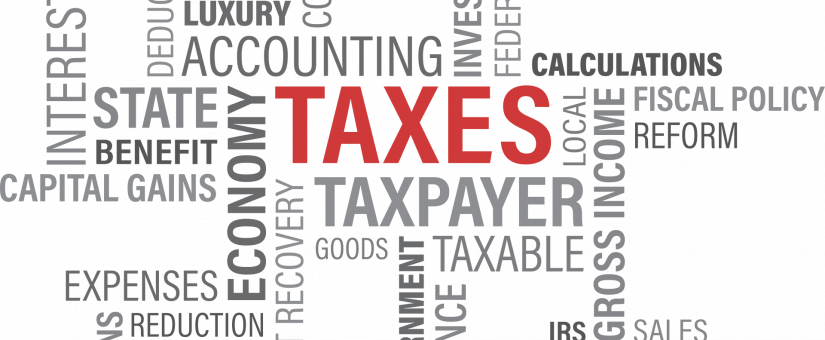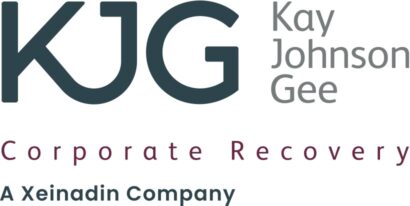
How to Deal with Tax Arrears
- Posted by KJGCR
- 0 Comments
 First things first, if your business has tax arrears (VAT, PAYE, Corporation
First things first, if your business has tax arrears (VAT, PAYE, Corporation
Tax) you are not alone. In fact, in the vast majority of insolvencies, Crown departments are amongst the largest creditors by value.
Of course, when considered objectively, this shouldn’t actually be that much of a surprise. When financial difficulties strike, most Company directors are faced with tough decisions about how to keep their business afloat. This often results in key trade suppliers being prioritised in order to keep the business running as usual and leads to the Company falling behind with HMRC.
The impact of Tax arrears (HMRC)
Contrary to common belief, HM Revenue & Customs don’t have any more priority than any other creditor. They also don’t really have any greater powers save for the fact that they don’t need to issue a statutory demand or CCJ before starting more formal recovery proceedings.
Where HMRC do differ from other creditors is that they are much quicker to resort to formal recovery proceedings than other creditors if your Limited Company can’t pay an outstanding bill or demand. This usually takes the form of instructing bailiffs to recover goods or issuing a winding up petition. This is particularly true if HMRC have had to issue multiple assessments due to lack of returns or where you have been subject to an adverse HMRC investigation.
Another key feature of HMRC debt is that there is often little or no warning before they instruct bailiffs or issue a winding up petition. Because of this, it is important not to delay in dealing with any Tax arrears (VAT, PAYE, Corporation Tax) once HMRC have become aware of the debt.
Your options for dealing with the debt
There are 3 primary options when dealing with HM Revenue & Customs:
1. Try to agree a repayment plan with HMRC yourself
Whilst this approach carries no cost, it is usually extremely difficult to agree a repayment plan that suits both parties. When dealing directly with you, HMRC will usually push for unrealistically high repayments over a very short period of time in order to recover the debt faster and at lower risk.
Besides the difficulty in making these payments, the other big problem you then face is that once a repayment agreement has been made, HMRC very rarely agree to a subsequent reduction in payments and almost never agree a new plan if a previous plan was not adhered to. HMRC will also start recovery proceedings immediately should you default without contacting them.
2. Instruct an Accountant or Insolvency Practitioner to negotiate with HMRC on your behalf
The right Accountant or Insolvency Practitioner (IP) will have considerably more experience of negotiating with HMRC as they do this on a regular basis. As a result, they are much more likely to be able to agree a more realistic repayment plan. This type of payment plan is often called a Time To Pay arrangement or TTP.
Typically, the Accountant or IP will put together a more structured proposal to HMRC which includes details of the company’s cash flow projection for the duration of the plan, an explanation of how the arrears arose and details of what has been done to address the problem. The plan will also include a financial comparison of the return to HMRC under the proposed repayment plan compared with the likely outcome should the company cease to trade and enter liquidation.
Whilst there is a charge for proposing the plan (usually an upfront fee plus a small percentage of the amount to be repaid should the plan be accepted) the improvement in the payment terms achieved and the reduction in stress for you during negotiations are usually more than worth it.
3. Restructure your business through formal insolvency
The key problem with each of the previous 2 solutions is that in both cases there is no debt forgiveness. What this means is that no matter what sort of case you put forward and what repayment proposals are made, HMRC will not negotiate on the overall amount to be paid and will require the entire debt to be repaid in full.
For the majority of companies, the VAT, Tax and PAYE arrears are so large that it is simply not feasible to agree an informal repayment plan. For others, it may be feasible but the repayments are so high that it is far from appealing and does not represent the best way forward for the business.
In these circumstances, you would be far better off looking to restructure your business through a formal insolvency procedure such as a CVA, Liquidation or Pre-Pack. Each of these procedures not only allows you to deal with your Company’s HMRC debts but all also all of the other debts that have built up.
A formal insolvency procedure is often a far cheaper and more effective solution then continuing to balance insurmountable arrears and allows you to move on with your future business more quickly rather than being held back by the past.
What to do next
If your business has Tax Arrears (VAT, Tax, Corporation Tax) you need to act quickly in order to have the maximum number of options available. Call us now to discuss a repayment plan or restructuring through formal insolvency.



